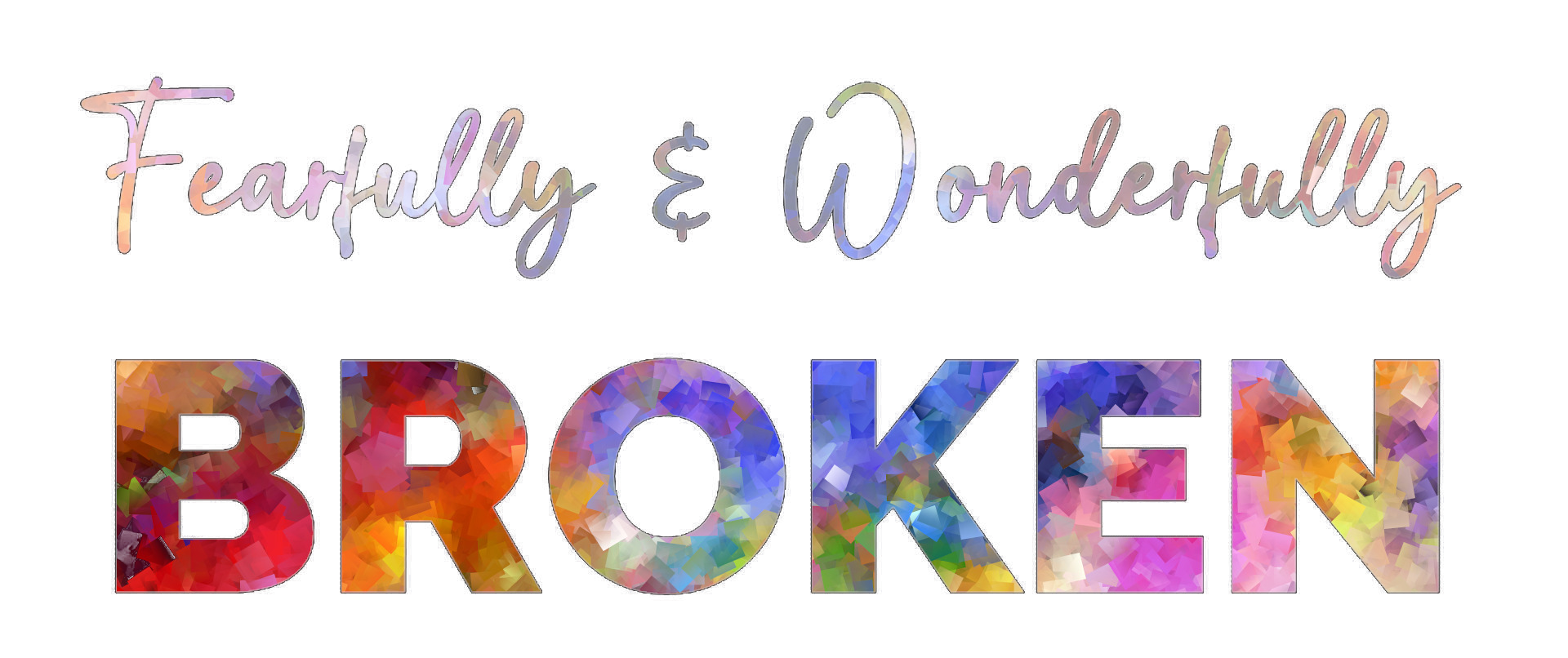Dear John,
Hi there! I suppose I’d better introduce myself. I’m you, or rather I’m who you will be in the future.
Now I know that raises all kinds of questions. So here are some attempts at answers.
At the time of writing, I’m 46, and you’re 18. I feel comfortable using “I / you” for this interaction because although there’s a continuity of personhood – we kind of are the same person – there are also several significant senses in which we aren’t the same person: you are who I was, not who I am. That’s not to say that I’ve changed in ways that you’d reject; I genuinely don’t think I have. But I’ve learnt a lot about myself, and about yourself, and about the world, and thought it would be useful to share some of them. (Using “I / you” also makes it much clearer.)

Now I’m not going to give you much in the way of spoilers. No phone numbers of useful people, stock tips or anything like that.
That’s largely because of the whole temporal paradox thing. And yes, I know those paradoxes are actually irrelevant because of the next paragraph, but the implicit lack of integrity would keep me awake at night, even though I know that telling you what I’m going to tell you would constitute time-changing spoilers too.
But I don’t really believe in time travel, even if it’s just information transfer. These might be letters to you, but they aren’t really letters for you. By the time you get to read these, you’ll be me.
No, these are letters for others struggling with some of the things I know that you are struggling with, even though you can’t articulate it yet. I’ve found that sharing some of my learning and experience helps people like you. So I’m writing for them, in the hope that this helps them and their friends at least a small percentage of how much this would have helped me.
In these letters, you are mostly a convenience – the neurodivergent person I know best and don’t have to worry about insulting. You’re also doubtless a construct of some combination of memory and imagination. I’ll try to keep it as much memory as I can – integrity again. But sorry if I inadvertently misrepresent you!
Apologising to someone who you know can never read it. Now doesn’t that sound like the kind of thing you’d do?
It’s worth adding right at the start that, I’m not writing as an academic expert. I don’t have qualifications in neuroscience or psychology. I do have an enquiring mind and lot of experience of working and communicating with people, both as an educator and a pastor.
But crucially, I also have 40+ years of experience of living in your shoes, with the conditions and context that you have. What I share here is my experience, and some wisdom I have gleaned from others that I find helpful, in the hope that even if it doesn’t help you, it will help others, and maybe that the process of sharing it will help me too.
All the best,
Future John

Fearfully & Wonderfully Broken is a series of letters from an autistic pastor to his teenage self, covering topics like faith, autism, disability and how to cope with life.
Most of the titles are deliberately wrong, and/or provocative (see letter 2).
 John Allister is the vicar of St Jude’s Church in Nottingham, England.
John Allister is the vicar of St Jude’s Church in Nottingham, England.
At age 18, he was a maths/science geek who didn’t realise he was autistic.
